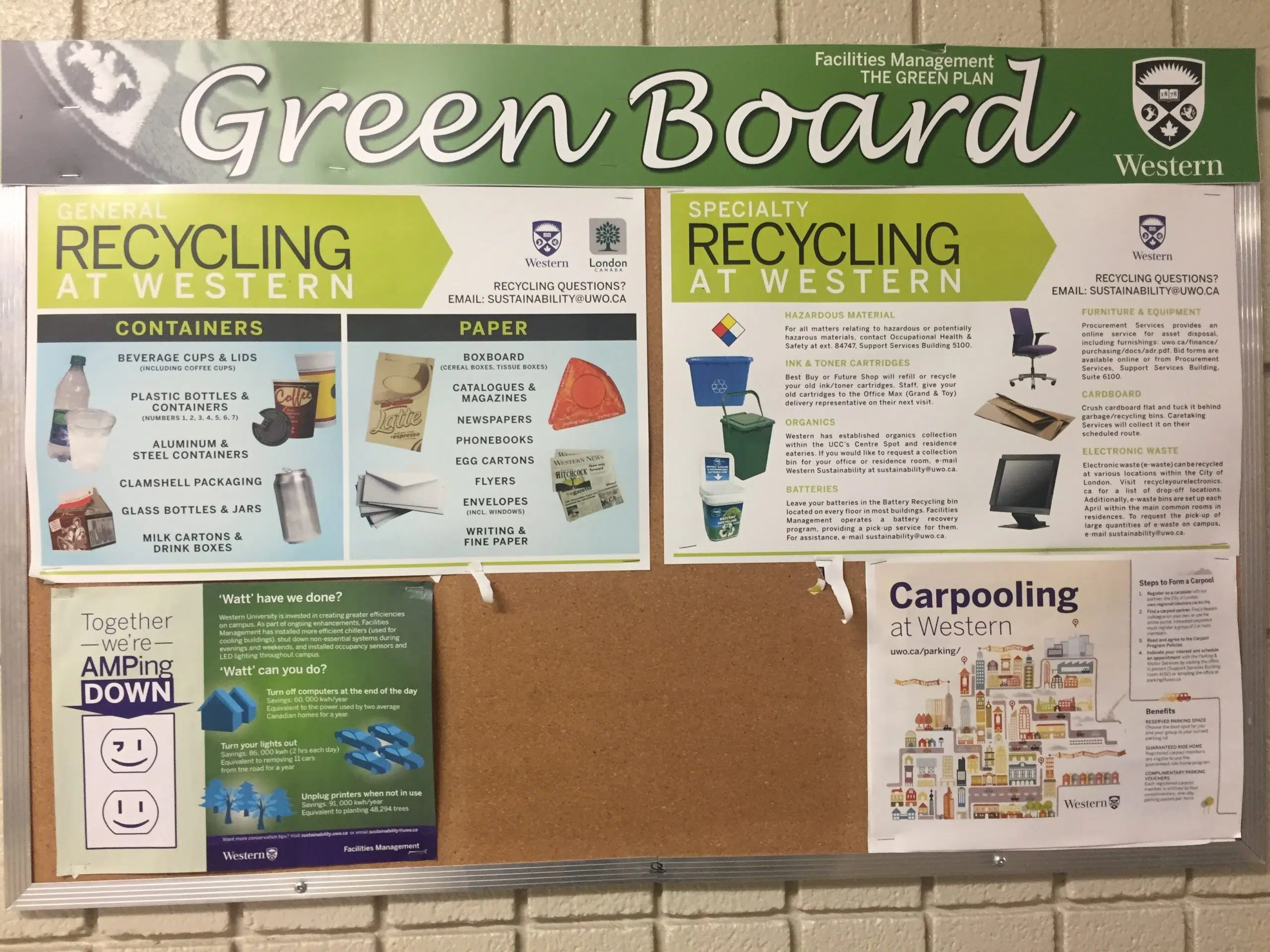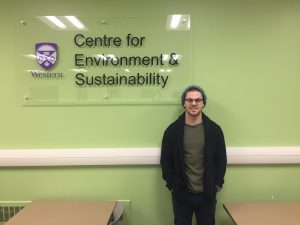
Reduce. Reuse. Recycle.
We hear it time and time again, but the climate is still heating up because greenhouse gases trap heat in the Earth’s atmosphere which warms the planet.
According to the National Wildlife Federation, the current pace of global temperature rise puts about 35 percent of plant and animal species at risk for extinction, and sea level is expected to rise six feet before the next century.
Elizabeth Ellis from EnviroWestern says to combat the issue it starts from the bottom up.
“We on campus can make small changes or big changes together and I think a lot of the time people think that it’s up to leaders to make changes, but if we as a group make changes it may influences leaders to realize it’s an issue they also should be taking on.”
EnviroWestern hosts events on campus to encourage students to think about living in a sustainable way. One of their most popular events in their clothing swap.
“It shows you don’t have to go to the mall to get clothes, you can exchange clothes with people on campus.”
13 million tons of clothing go into landfills each year. The issue of fast fashion is something Lifestyle Over Luxury founder and former Western business student, Jeff Duke, is passionate about.
“That mentality that society has to buy as much as we possibly can for as cheap as we possibly can has such a social and environmental impact. Cheaper things are usually produced less ethically and less environmentally conscious.”
His brand vows to give you a quality product and for every item sold, they’ll pull out one full bag of trash from the ocean.
It’s about making a change, not just learning about it. Connor Swick, Master of Environment and
Sustainability Candidate gets to take information from the classroom and directly apply it.
“You implement a project that will be completed in the real world. One group is consulting with General Motors on how to make their new mobility campus as sustainable as it can be. That’s actually going to get built, how cool is that!”
Swick says we need to start thinking cradle to cradle rather than cradle to grave in order to see positive changes for generations to come.




